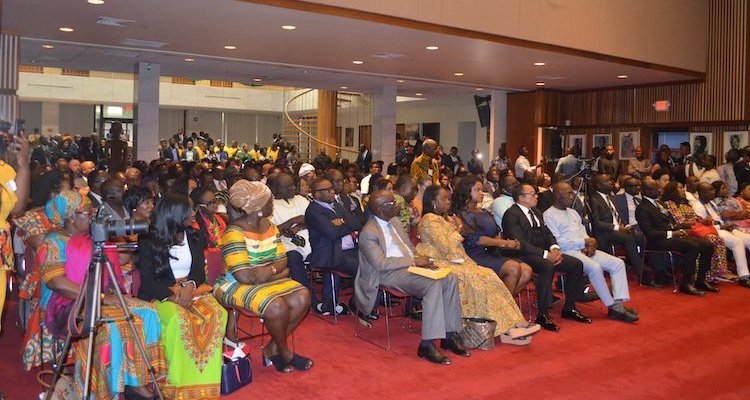By Lisa Vives, Global Information Network
NEW YORK (IDN) – When Ghana’s President Nana Akufo-Addo pronounced 2019 as the Year of Return, his words resounded with warmth and joy to all people of African descent.
So began a year-long calendar of events including concerts, art shows, visits to heritage sites, fashion shows, movie premieres and creative economy and trade conferences, organized on the occasion of the 400th anniversary of the arrival of African slaves in America.
Thus far, Akufo-Addo’s call has been a great success, observed Ghanaian author and journalist Kwabena Agyare Yeboah in a recent online issue of African Arguments.
Americans arriving in Ghana increased by 26% to their highest ever rate between January and September 2019.
Similarly, the numbers of visitors grew from the UK (24%), Germany (22%), South Africa (10%) and Liberia (14%). All told, Ghana reportedly issued 800,000 visas this year and this week announced that all nationalities will be eligible to receive a visa on arrival for the next month or so due to the heavy demand.
It was exhaustive, writes Agyare Yeboah, but could they have done more? Was the exclusive focus on the transatlantic slave trade, with the US at the center, a pardonable weakness? Or did it erase other crucially important aspects and legacies of Ghana’s history of slavery?
Missing, he maintains, is the trans-Saharan slave trade in which an estimated 6-7 million people, including from the Sokoto Caliphate and Borno, were forcibly transported to North Africa, Europe and the Middle East, a period ranging over 1,250 years,” he says.
“The legacy of this trade is still palpable in Mauritania where slavery is still a present-day reality,” Agyare Yeboah says. “The country only formally abolished slavery in 1981 and local activists estimate that 20% of the population – all black – are still enslaved.
“Where are the calls for these descendants to return? Where are the African descendants outside of the US, the Jamaicans, Cubans and Brazilians?” he asks rhetorically.
The failure to fully engage with the history of slavery and the focus on just a select portion of African descendants compromises its credibility, he charges.
“The Year of Return campaign had the opportunity, and a whole year, to critically engage with the history of Africans and people of African descent in its entirety. On this, it must do more.” [IDN-InDepthNews – 15 January 2020]
Photo source: The Year of Return


